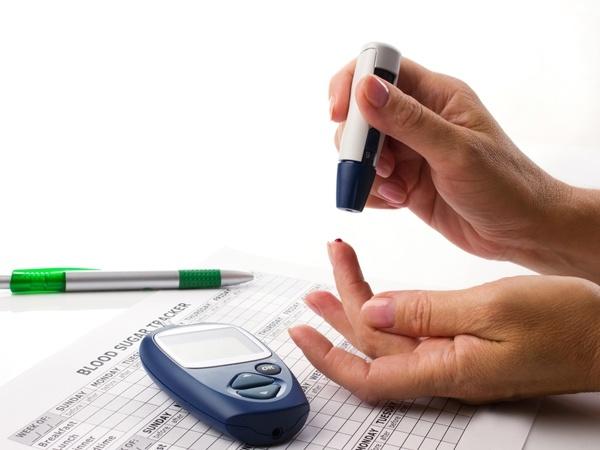India is now home to over 100 million sugar patient and more than 136 million pre-diabetic individuals, earning the grim title of the “diabetes capital of the world” from the Indian Council of Medical Research (ICMR). The issue of disturbed sugar metabolism is increasingly becoming a harsh reality for urban India. To delve deeper into the challenges related to sugar metabolism and diabetes, and their management, Firstpost spoke with Dr. Bimal Kumar, a renowned physician based in Bangalore.
The Bitter Truth About Sugar
Why is sugar, despite its sweetness, considered worse than fats?
Dr. Kumar explains that our taste buds are naturally inclined towards sugar because it provides instant energy. It powers our cells, muscles, tissues, and is the primary fuel for brain function. However, excessive sugar consumption leads to weight gain and eventually obesity, which is closely linked to type 2 diabetes. Elevated sugar levels in the blood, regardless of diabetes type, can cause severe health issues as the body operates within a specific range of vital parameters.
Fluctuating Sugar Levels
Do sugar levels remain uniform throughout the day? Why do some people experience high sugar levels in the morning?
Dr. Kumar states that sugar levels typically rise after eating and normalize within an hour. They are usually lowest before the first meal of the day. However, consistently high morning sugar levels, especially among diabetics, could be due to various factors, including the timing of medication and meals. Consulting a doctor is essential for proper management.
The Hidden Dangers of Artificial Sweeteners
Are artificial sweeteners a safer alternative to sugar?
Recent studies, including one published in the European Heart Journal, suggest that artificial sweeteners like xylitol may increase the risk of blood clots, heart attacks, and strokes. The World Health Organization (WHO) also warns that long-term use of artificial sweeteners doesn’t aid in weight loss but increases the risk of type 2 diabetes and cardiovascular diseases. Dr. Kumar recommends natural alternatives like fruits, dark chocolate, and vegetables to meet daily sugar needs.
The Impact of Insulin on Sugar Levels
What happens to sugar in the body when someone takes insulin?
Insulin facilitates the movement of sugar from the blood to liver cells, skeletal muscle cells, and adipose tissue for proper utilization. It doesn’t flush out or convert sugar into other forms unless there is an excess intake. Diabetics need to follow prescribed insulin doses and avoid consuming excess glucose or carbohydrates.
Monitoring and Managing Diabetes
How often should diabetics monitor their blood sugar levels? Is HbA1c a better indicator?
The frequency of monitoring varies per individual, and routine checks should be supplemented with attention to symptoms like increased thirst or frequent urination. The HbA1c test, conducted every three months, provides a good overview of diabetes management but shouldn’t be the sole diagnostic tool.
The Possibility of Reversing Diabetes
Is diabetes reversible?
Dr. Kumar acknowledges that type 2 diabetes, being a lifestyle disease, can theoretically be reversed, especially in its early stages. However, practical evidence of complete reversal is rare. Maintaining a healthy lifestyle remains crucial for managing and potentially reversing diabetes.
Preventing Diabetes
Q: Are some people more vulnerable to diabetes? How can they maintain normal sugar levels?
Dr. Kumar emphasizes that a sedentary and high-stress lifestyle increases vulnerability to type 2 diabetes. Adopting a balanced diet, reducing sugar and junk food intake, managing stress, and regular physical exercise are key to preventing diabetes and maintaining normal sugar levels.







